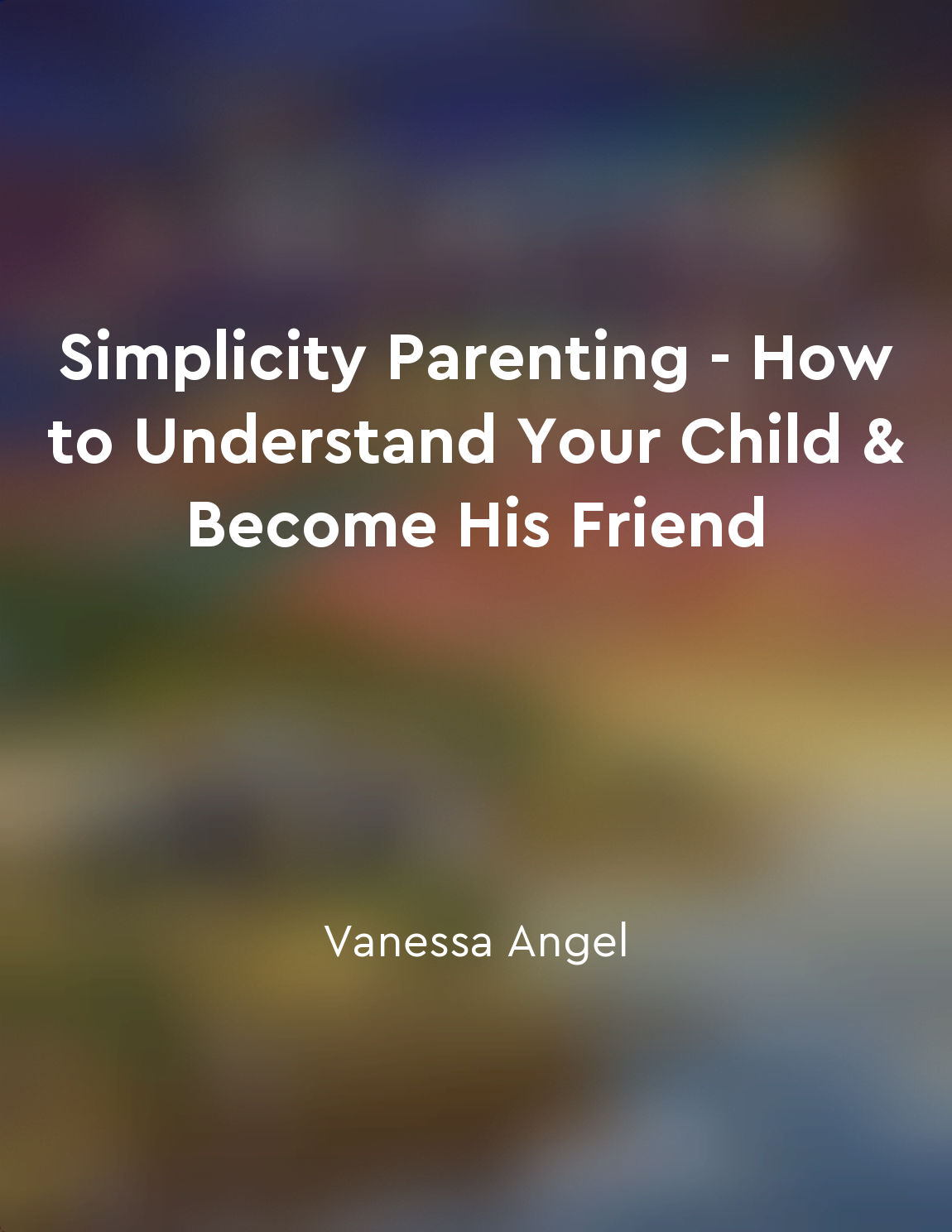Audio available in app
Apologize sincerely when necessary to repair damaged relationships from "summary" of Crucial Conversations Tools for Talking When Stakes Are High, Second Edition by Kerry Patterson,Joseph Grenny,Ron McMillan,Al Switzler
When relationships are strained or damaged, a sincere apology can work wonders in repairing the connection. It's important to understand that apologizing is not just about saying the words, but about truly meaning them. Your sincerity will have a significant impact on whether the other person accepts your apology and begins to rebuild trust with you. Apologizing sincerely requires humility and the ability to acknowledge your mistakes or wrongdoings. It involves taking responsibility for your actions and showing genuine remorse for any harm you may have caused. By demonstrating that you recognize the impact of your behavior on the other person, you are more likely to elicit empathy and understanding from them. It's crucial to avoid making excuses or shifting blame when offering an apology. This only serves to undermine the sincerity of your words and can further damage the relationship. Instead, focus on expressing your regret and a genuine desire to make amends. This will demonstrate your commitment to repairing the connection and moving forward in a positive direction. In some cases, apologizing sincerely may also involve making amends or taking steps to rectify the situation. This could include offering to make things right in a tangible way or seeking to address any underlying issues that may have contributed to the conflict. By showing that you are willing to take action to repair the damage, you can further demonstrate your sincerity and dedication to rebuilding the relationship.- Apologizing sincerely when necessary is a powerful tool for restoring trust and repairing damaged relationships. By approaching the apology with humility, honesty, and a genuine desire to make amends, you can create a pathway towards healing and reconciliation with the other person.
Similar Posts
Supporting each other unconditionally is empowering
When we commit to supporting each other unconditionally, we tap into a wellspring of strength that empowers us to face any chal...
Surrendering leads to personal growth
In a world that often values strength and control, the idea of surrender can seem counterintuitive. However, it is in moments o...
Resentment can be toxic
Resentment, that smoldering fire of anger that burns within us, can indeed be toxic. It can slowly poison our minds and hearts,...
Selfdiscovery is an ongoing journey
In life, we often think of self-discovery as a destination we have to reach. We see it as a final goal, a finish line we must c...
Identify expectations and commitments clearly
To effectively address violated expectations, broken commitments, and bad behavior, it is crucial to clearly identify expectati...
Nostalgia for memories shared
I ache for the past. It's not the past that I lived, necessarily, but the past that I wish I had lived. The past that everyone ...
Trust is the foundation of any meaningful relationship
Trust is the bedrock of any meaningful relationship. Without it, our connections with others are built on shaky ground, suscept...
Let go of judgment and criticism towards yourself and others
When we judge and criticize ourselves or others, we are essentially creating barriers that block the flow of love and understan...

Foster a sense of belonging and security
Creating an environment where a child feels a strong sense of belonging and security is paramount to their emotional well-being...

Infidelity is a complex, nuanced issue
Infidelity is a complex, nuanced issue that often defies simple explanations or easy solutions. It is not a black-and-white mat...

